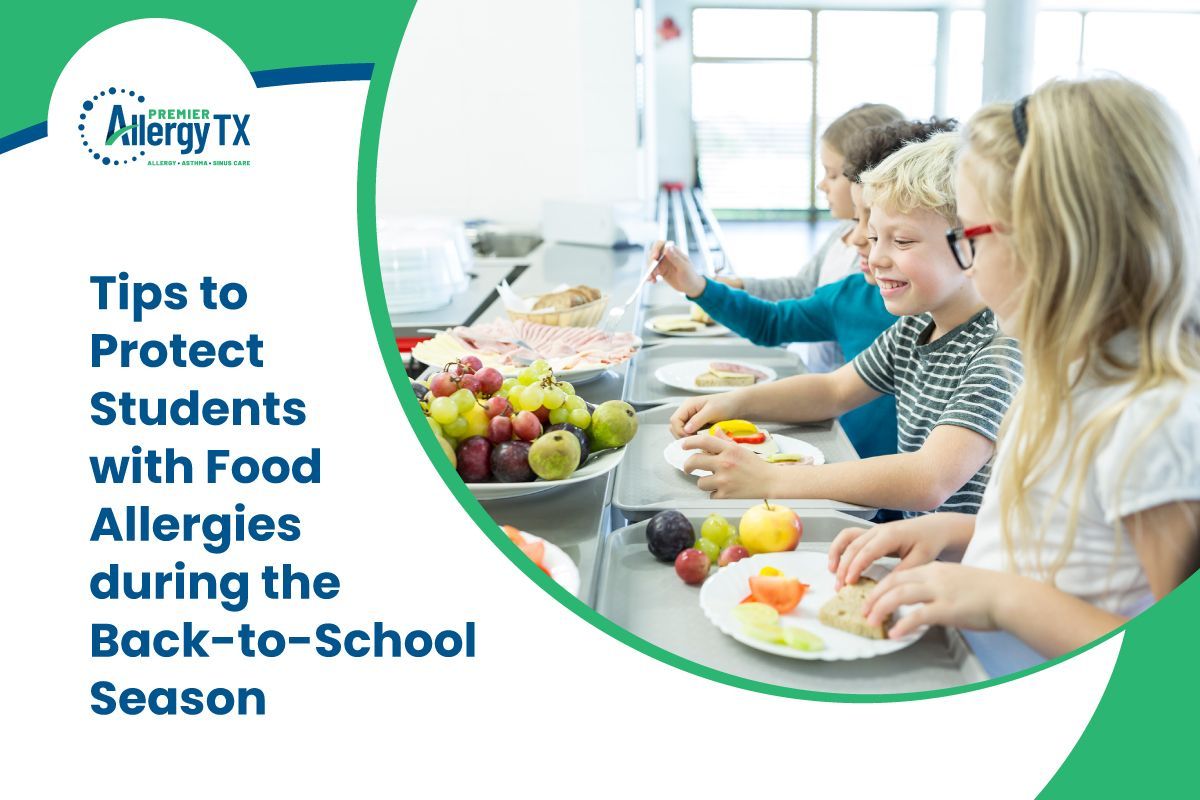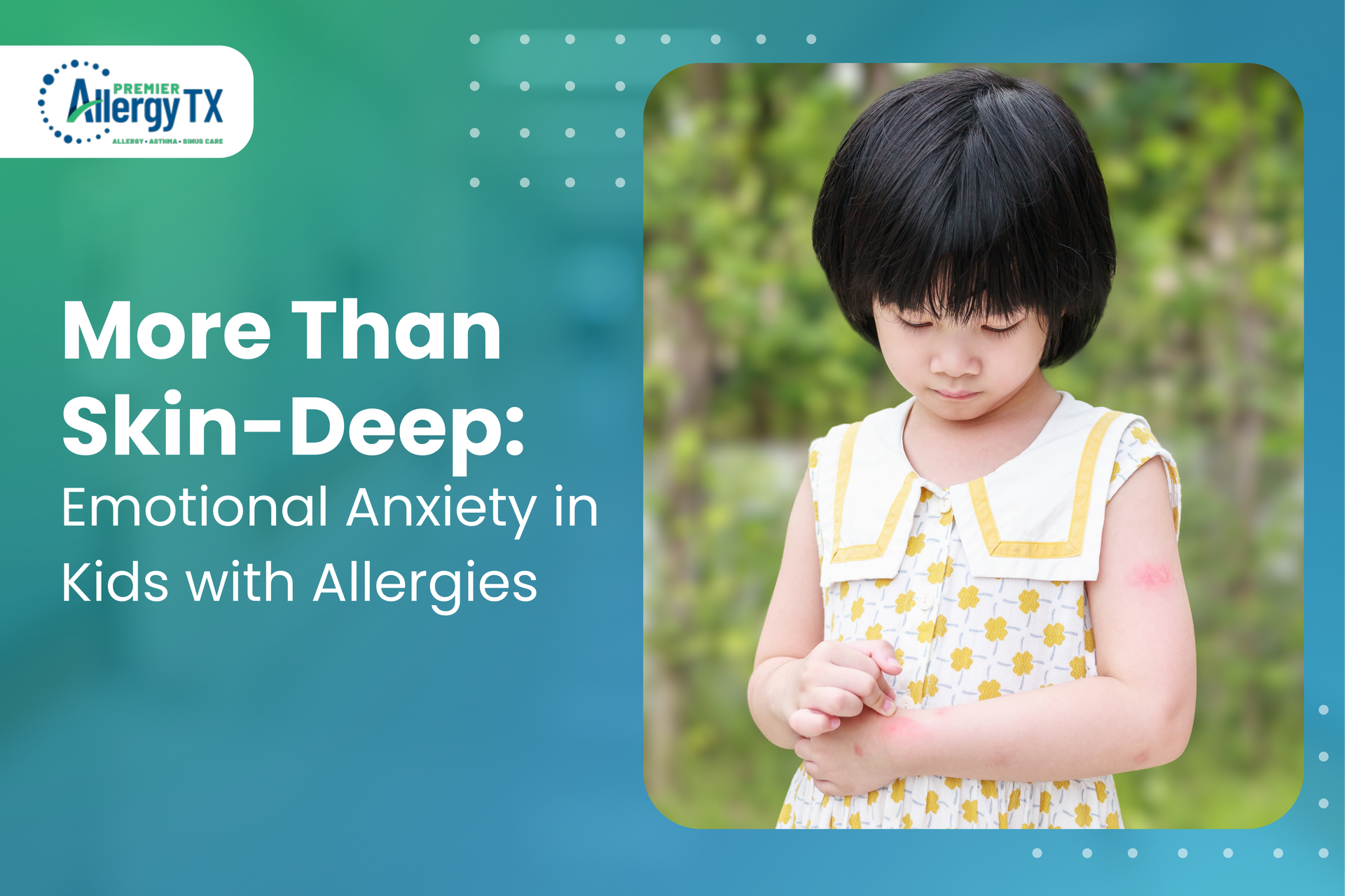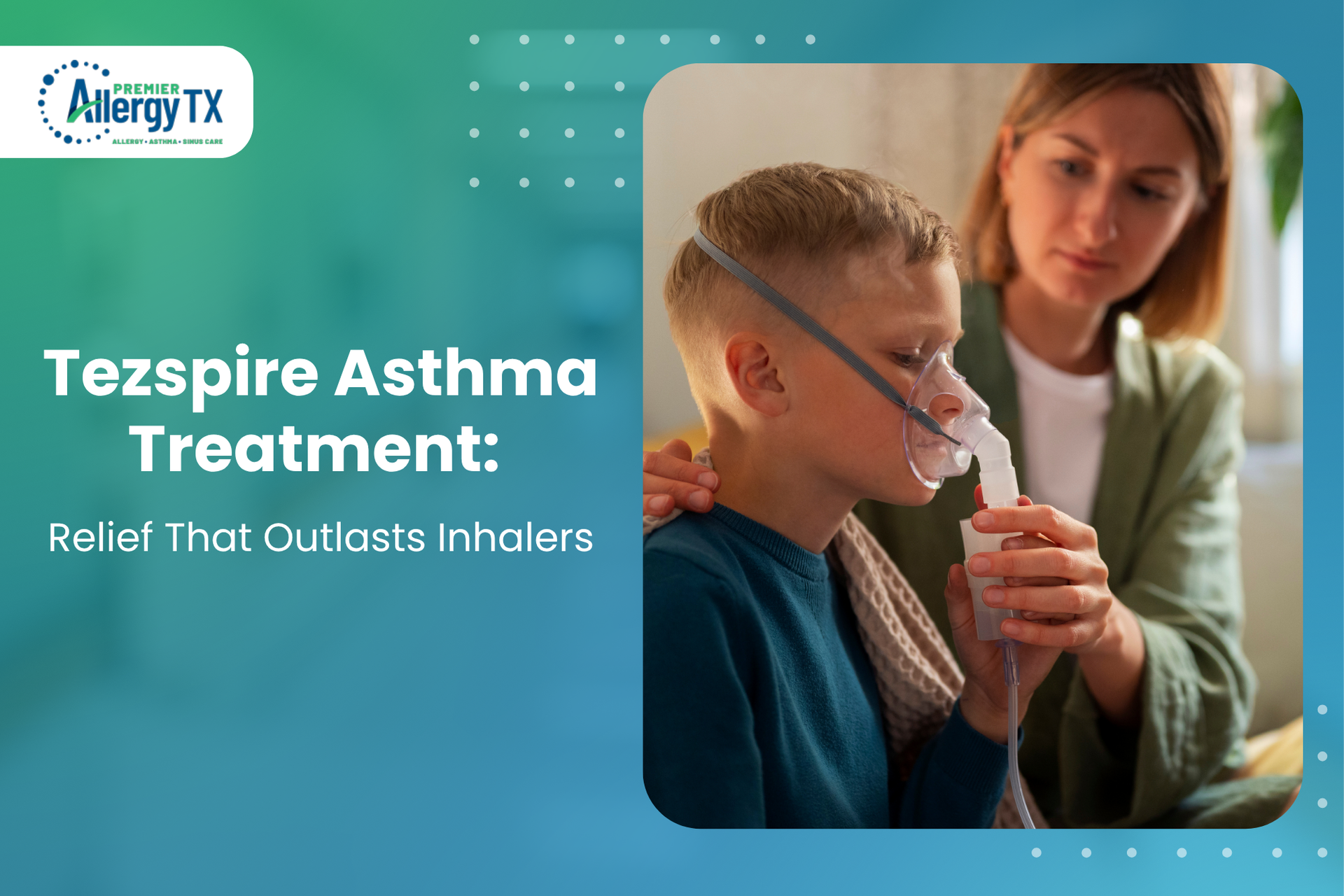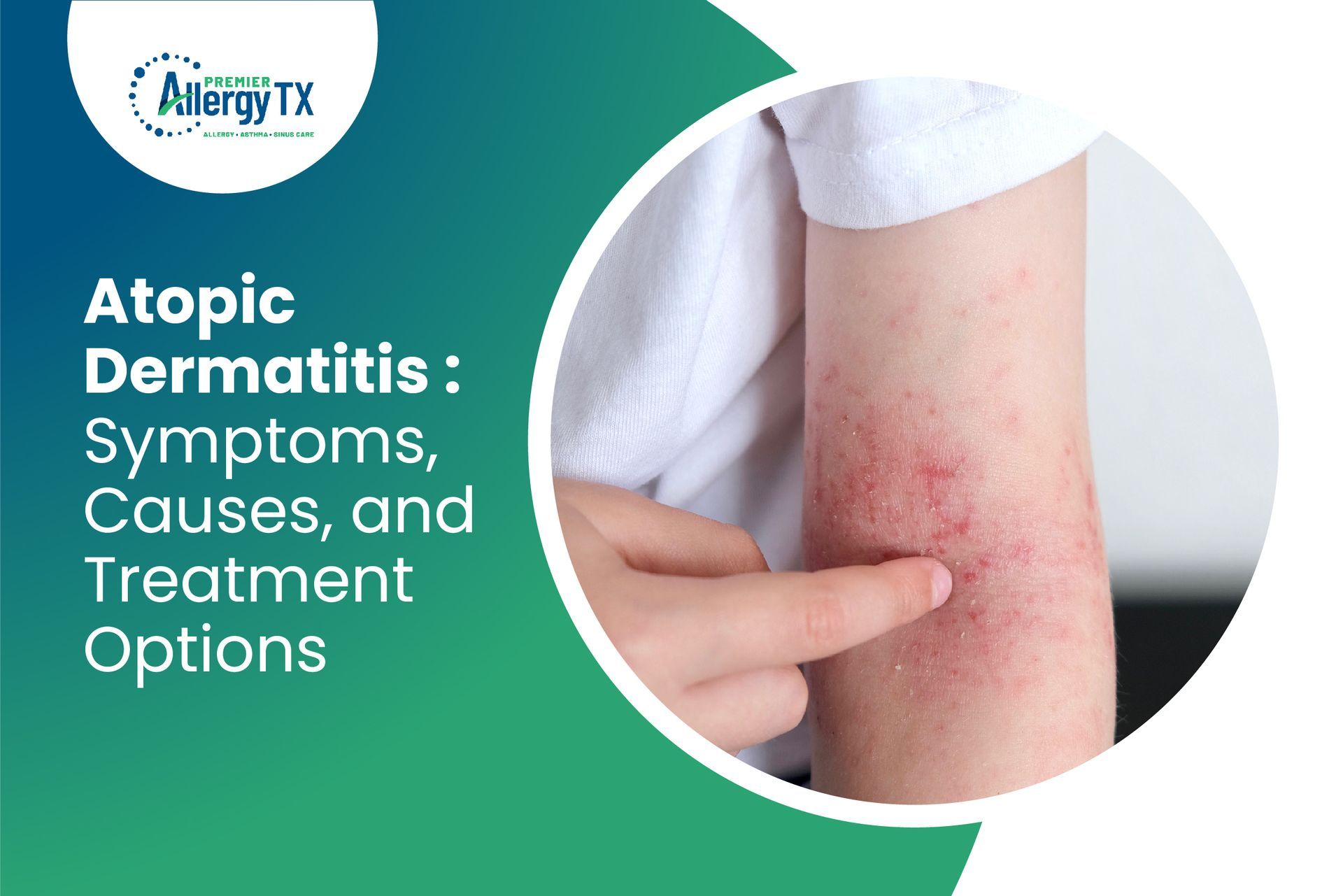The back-to-school season is an exciting time for students and parents alike. However, it can also bring about concerns and challenges for students with food allergies.
This blog post will discuss essential tips to protect students as they head back to school, including allergy-friendly foods, common food allergies, and food allergy testing for children.. Through knowledge and preparation, you can create a safe and inclusive environment for students with food allergies
Understanding Food Allergies
Food allergies in kids are increasingly prevalent and can range from mild to severe reactions. Peanuts, tree nuts, milk, eggs, wheat, soy, fish, and shellfish are among the
most frequently encountered food allergies. Recognizing the signs of an allergic reaction, including hives, difficulty breathing, stomach pain, or swelling of the lips, tongue, or throat, is crucial. If your child displays any symptoms, consult your allergist immediately to determine if a food allergy is the cause.
According to the Centers for Disease Control and Prevention
(CDC), “food allergies are a growing food safety and public health concern.” Researchers estimate that around 8% of children in the United States
, or about two students per classroom, are affected by food allergies.
A food allergy occurs when the body has a specific and predictable immune response to certain foods. In individuals with food allergies, the immune system, which usually defends the body against harmful substances, erroneously perceives certain foods as threats. This misinterpretation leads to an allergic reaction when those foods are consumed, even though they are typically harmless. Sometimes, immune responses can be severe and even life-threatening, leading to
anaphylaxis.
Food Allergy Testing for Kids
A food
allergy test is often necessary to diagnose food allergies in kids. Allergy testing can help identify specific food allergens responsible for allergic reactions. Skin prick and blood tests, such as the IgE antibody
, are commonly used to diagnose food allergies. These tests should be conducted under the guidance of a medical professional to ensure accurate results and interpretations.
Learn more about food allergy testing in kids by reading our dedicated blog: “Food Allergies: What Tests Can a Food Allergy Specialist Offer?”.
Creating an Allergy-Friendly Environment in Schools
Educational institutions play a critical role in protecting students with food allergies. Here are some essential steps schools can take:
A. Develop an Allergy Management Plan
Each student with a food allergy should have an individualized
allergy management plan. This plan outlines specific precautions, emergency procedures, and necessary accommodations.
B. Raise Awareness
Educate staff, students, and parents about food allergies, their potential severity, and the importance of avoiding allergens. Encourage open communication and empathy towards students with allergies.
C. Implement Allergy Policies
Establish
clear guidelines for food allergy management within the school premises. This may include restrictions on allergenic foods in classrooms, cafeterias, and school events. Encourage the use of allergy-friendly alternatives and emphasize the importance of hand hygiene.
D. Training and Preparedness
Provide training
to school staff on recognizing and responding to allergic reactions. Ensure that teachers, administrators, and school nurses know the signs and symptoms of an allergic reaction and how to administer emergency medications, such as epinephrine auto-injectors.
Collaboration with Parents and Healthcare Providers
Open and continuous communication between parents, healthcare providers, and schools is vital for the safety of students with food allergies. Parents should inform school administrators about their child’s food allergies, provide necessary medical documentation, and update them with any changes to their child’s allergy management plan. Regular meetings can help address concerns, refine procedures, and ensure a school is well-prepared to manage potential allergenic incidents.
Packing Allergy-Friendly Foods
Parents of children with food allergies often rely on packing lunches and snacks to ensure their child’s safety. Consider the following tips:
- Read Labels
Carefully read ingredient labels to identify potential allergens in packaged foods. Manufacturers often highlight common allergens in bold or provide allergen statements.
2.
Prepare Homemade Meals
Packing homemade meals allows better control over ingredients. Choose allergen-free recipes or find suitable substitutes for allergenic ingredients.
3. Encourage Safe Snacks
Include allergy-friendly snacks that are clearly labeled and free from cross-contamination risks. Consider fresh fruits, vegetables, and snacks certified free from specific allergens.
4. Teach Allergy Awareness
Educate your child about their food allergies and the importance of not sharing food with others. Encourage them to communicate their dietary needs to their teachers and peers.
Frequently Asked Questions about Kids and Sugar
- What is the importance of food allergy testing for kids?
Food allergy tests for kids are essential to diagnosing specific food allergens. Skin prick tests and blood tests, such as the
IgE antibody test, are commonly used for diagnosis. Testing helps identify allergens, guide treatment plans, and ensure proper management of food allergies.
- What signs should parents look out for to identify an allergic reaction in their child?
Parents should be aware of allergic reaction signals
, such as hives, difficulty breathing, stomach pain, lips, tongue, or throat swelling. If these symptoms occur, seek immediate medical attention.
- Why does my child have food allergies?
When children have food allergies, their immune system mistakenly perceives certain foods as harmful, leading to an allergic response. The precise cause behind the development of food allergies in children is still not understood. However, genetic and environmental factors are thought to be the culprit. Further research is necessary to better understand why certain children develop food allergies.
Ensuring a Safe Back-to-School Season: Essential Tips to Protect Students with Food Allergies
Protecting students with food allergies during the back-to-school season requires a collaborative effort from parents, healthcare providers, and educational institutions. Understanding food allergies, conducting proper allergy testing for kids, creating allergy-friendly school environments, and packing allergy-safe foods are crucial to safeguard these students. By implementing these tips and fostering a supportive atmosphere, we can ensure that students with food allergies thrive while fully participating in their educational experience.
Is your child struggling with food allergies? Ensure their safety and well-being with Premier Allergy TX. Our dedicated team, led by Dr. Freiler, specializes in understanding and managing food allergies in children. We offer personalized treatment options to help your child enjoy their school experience without compromise.
Don’t let food allergies hinder back-to-school excitement. Contact us today at (210) 791-7856 or click the “schedule an appointment” button to consult with our experts. Together, let’s create a safe and allergy-friendly environment for your child. Visit Premier Allergy TX for more information.















